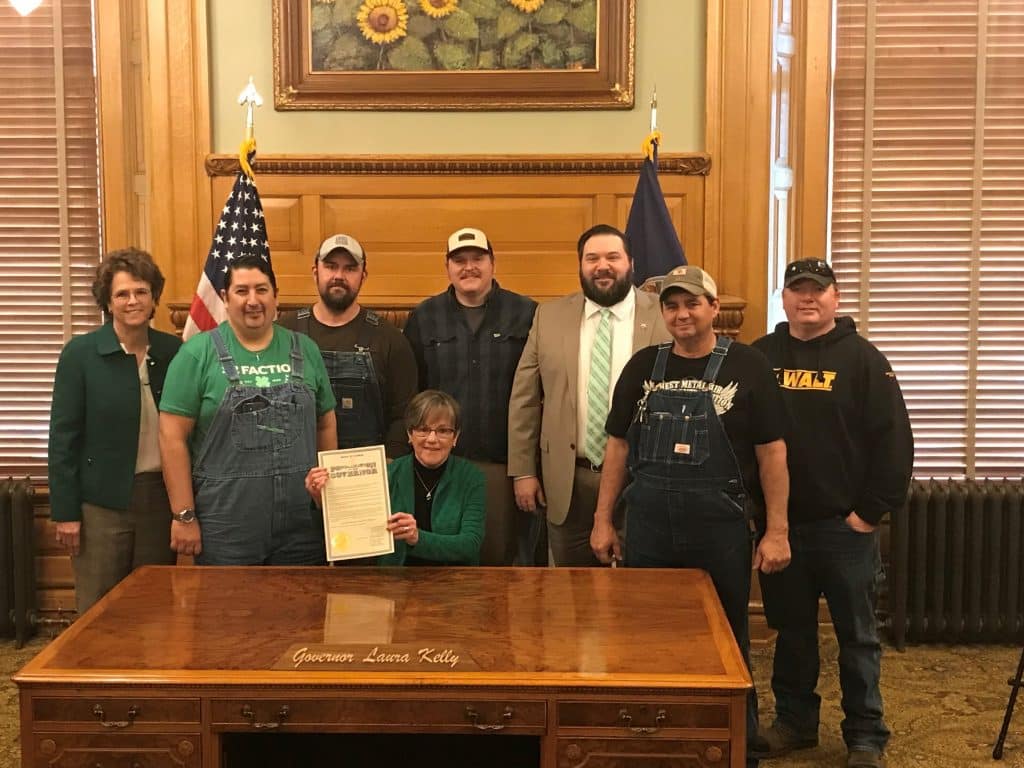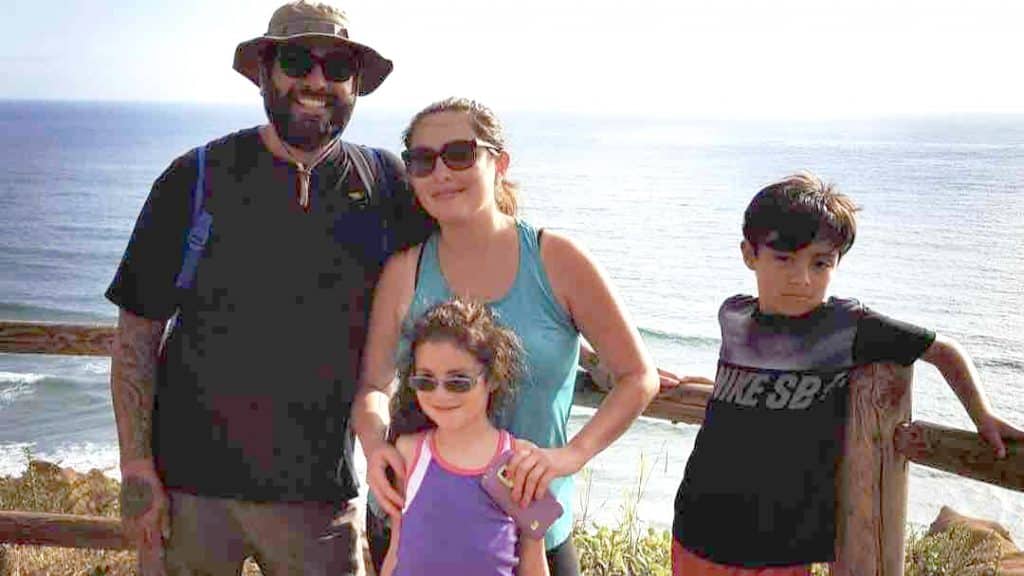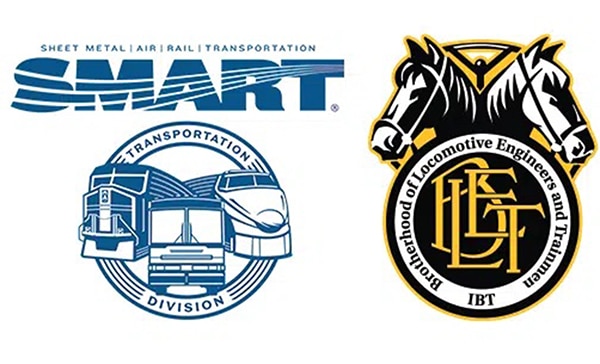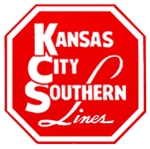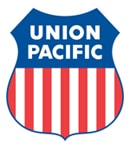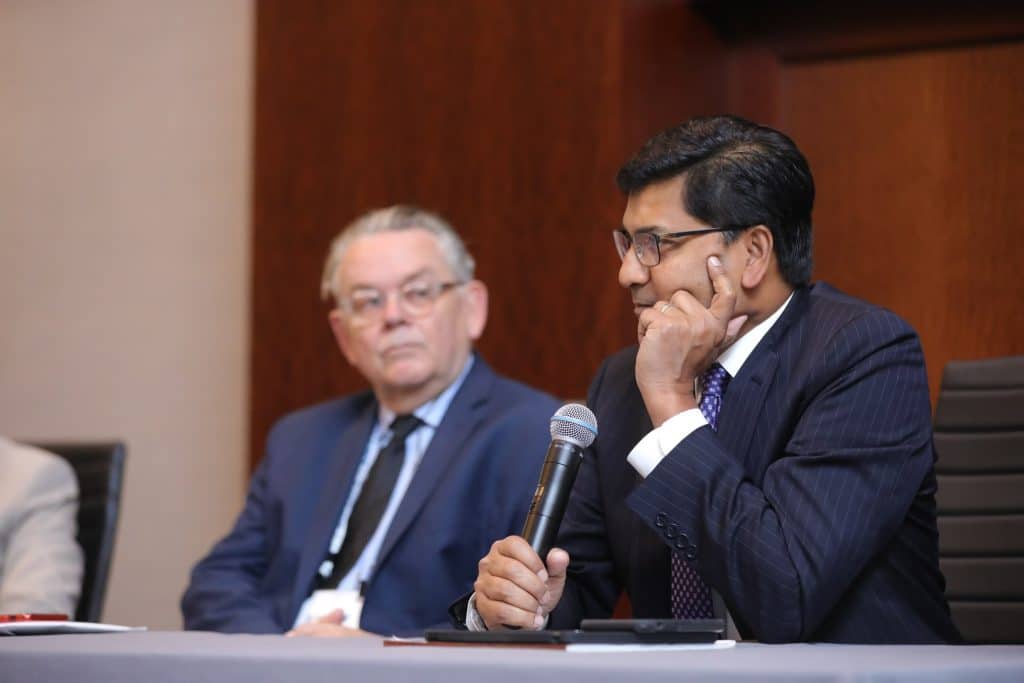SMART Transportation Division President Jeremy R. Ferguson issued the following statement on Aug. 18, 2022:
On Tuesday, August 16, 2022, Presidential Emergency Board 250 (PEB 250) provided the White House with its recommendations for settlement between the National Carriers’ Conference Committee (NCCC) and the United Rail Unions coalition. And while the recommendations of PEB 250 were a vast improvement over the carriers’ previous proposals, the recommendations do not go far enough to provide our members with the quality of life that they have earned, and that both they and their families deserve.
Last month, the leaders of the dozen-strong United Rail Unions delivered impassioned and technically sound presentations before the PEB expressing the need for improvements to quality-of-life issues, including addressing the draconian carrier attendance policies and the need for more paid and scheduled time off. However, it would seem as if these were not deemed as key issues. Obviously, our preference was for the PEB to make firm and bold changes to that status quo, but, unfortunately, they deferred and moved these important issues back to the domain of arbitration.
Additionally, the PEB recommended a 22 percent cumulative, 24 percent compounded, raise in compensation, which, if passed, would be the largest raise rail labor has seen in 47 years, but falls well short of our proposed benchmark to provide our members, most of whom have worked tirelessly throughout the pandemic and have brought about the richest era in railroading history, with a rate of pay of which they are deserving and that will attract new talent. Our organizations presented real-time statistics that exhibited how our remaining members are left to shoulder the additional workload after seeing valued co-workers laid off or resigning as a direct effect of Precision Scheduled Railroading. Furthermore, it is unknown if the recommended wage and benefit package will assist in retaining workers, let alone recruit new employees into the industry. Only in time, if accepted, will we be able to correctly answer that question, but based on our initial feedback, the outlook is not good.
SMART-TD leaders made our case clear before the PEB in July that our membership and the membership of the other unions deserve better, especially in recognition of what we accomplished before, during and after the pandemic. Our position has not changed, nor have we wavered from it. We are and will continue to fight for each and every one of our members, seeking the best possible outcome in all that we engage in.
Truthfully, your union negotiators feel a level of disappointment with the PEB’s recommendations falling short on many of our requests — especially as it split the difference between what Labor and the carriers were seeking from a wage perspective, rather than choosing one over the other. While it is a slight comfort knowing that these results are still better than those the carriers previously proposed and what likely would have been obtained under the previous administration, it does little to alleviate the division between the hedge fund managers, shareholders, and railroad officers — those who have obtained record profits, bonuses, stock buybacks and lower operating ratios all the while sitting in their climate-controlled, sanitized corporate offices — while the working people, their employees, our members, fellow brothers, and sisters are on call 24/7/365, working safely, loyally, moving America’s freight and citizens.
The decision on whether to accept a tentative agreement that could be based on these recommendations may ultimately lie in the hands of those same workers whose passion and determination carried the country through a pandemic and a supply-chain crisis.
Although we share your frustration, our effort towards attaining the best possible contract for our membership will not be deterred. This is but the first step in the process, so please be patient as this situation continues to evolve. We are currently gathering and evaluating information, which includes input from the membership, as we weigh the PEB’s recommendations and what our options may be. The remaining members of the coalition will be meeting with the NRLC in the very near future to determine if a possible tentative agreement can be reached as a result of these recommendations.
In the meantime, we will be presenting factual information strictly based on the PEB recommendations in an effort to educate all involved what this could look like from a financial standpoint when evaluating GWI’s, back pay, or the 15% cost sharing associated with your health and welfare plan. These presentations will be without the opinion of SMART-TD in an effort to strictly dispel any misconceptions or misunderstandings of how these critical components should be reviewed at this time.
In solidarity,
Jeremy R. Ferguson
President, SMART Transportation Division
